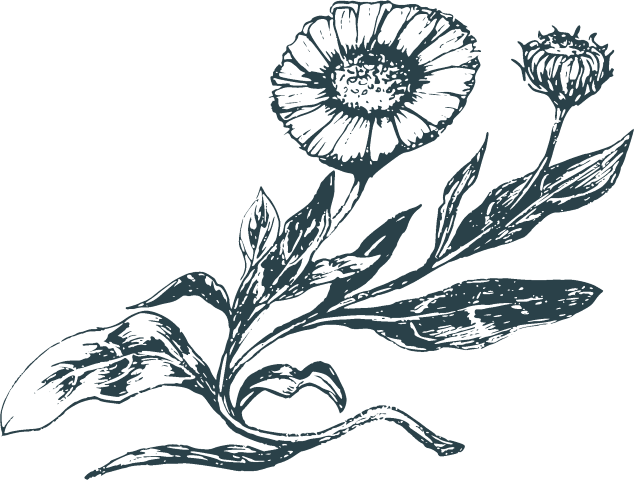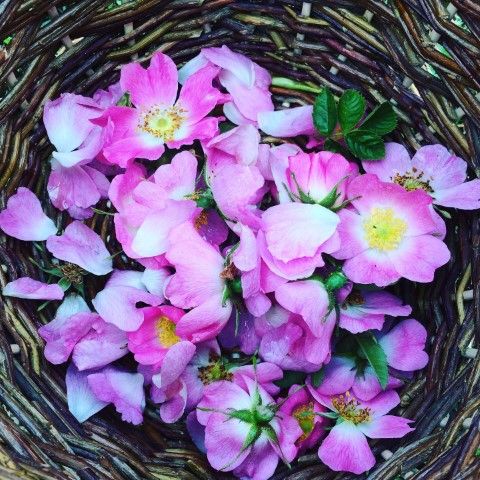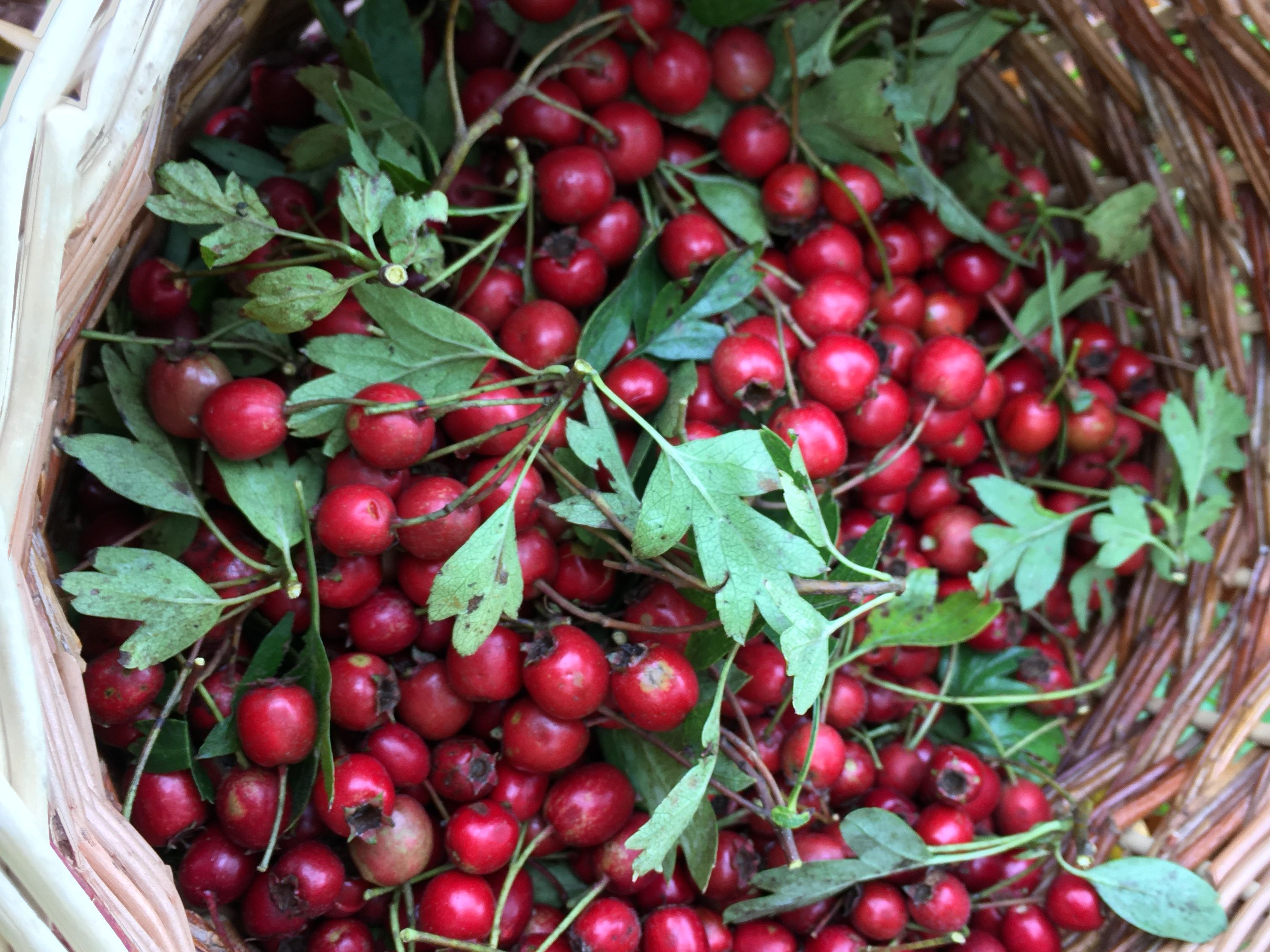Herbal Medicine
‘’It is more important to know what sort of person has a disease than to know what sort of disease a person has ‘’ - Hippocrates

Herbal medicine is the use of plants as medicine. It is one of the oldest practices of medicine in the world and still widely prescribed in countries such as India and China.
Herbs are plants with a purpose, and in this case they are being used for their medicinal qualities. Some herbs are also foods such as garlic and ginger. Other more medicinal herbs you may have heard of include st johns wort and valerian.
It is a person-centred, holistic and bespoke type of therapy. No two people are alike, so herbal medicine formulas are individualized and it’s the job of the herbalist to learn about the physical, energetic and emotional patterns of each person and match them up with the right plants. This is why the consultation process is an integral part of herbal medicine.
Herbal medicine is empowering because it allows you to take responsibility for your health and well-being. Home herbalism can be learned and used by anyone for themselves, friends and families, but a qualified herbalist takes this to the next level and knows the unique properties of hundreds of plants and how to combine them and prescribe them to each individual while working within safe parameters.
It seeks to treat the whole person and rebalance them by identifying the root cause of the issue instead of just treating the symptoms. Herbal medicine is a safe and natural therapy, which uses plants along with diet and lifestyle changes. This means that it is more gradual, deep and gentle than conventional medicine, but that doesn't mean it is less powerful in the long term.
Herbal medicine is well suited to support the management of a wide range of health concerns and is especially suited to chronic conditions. However, you do not need to be ill to attend a herbalist, it can also be used as a form of preventative medicine to boost your health or when you just don't feel quite right.
Herbs can be prescribed in different forms. The most common is a tincture, which is herbs extracted in alcohol, but herbal infusions, syrups, and powders can also be used internally, whilst oils, balms, and baths are used externally.
The master herbalist
A master medical herbalist has had formal training for 4 years about the different herbs and their properties and the conditions they can be used to help, as well as basic medical training and studies of diet and naturopathy. I trained for 4 years at The Irish School of Herbal Medicine under The School of Natural Healing and now hold a license to practice as a Herbal Medicine Practitioner. My training involved 600 hours of clinical training and an in-depth study of herbs, the human body, iridology, plant-based nutrition, and naturopathy.
You can read more about herbal medicine here
Iridology
I also offer iris analysis as part of the consultation. This means looking at the coloured part of your eye (iris), which is completely unique to each person. It helps to add an extra layer of health information about your constitutional strengths and challenges.
An Iridologist does not see the disease itself: s/he sees the conditions out of which the disease manifests. The relevance for Iridology in health care is that it enables us to get behind the disease to the person. Placing constitution at the heart of therapy helps us to avoid treating only the symptoms (often mistaken for the disease itself), focusing instead upon the whole picture, calming and pacifying where there is excess, enhancing and nourishing where there is deficiency.


